More words are becoming loaded with meaning, turning them hazardous.
The evidence is all there in employment tribunals where more cases are turning on the use of language and specific terms that just a few years ago would have been regarded as innocuous, part of everyday conversations or at worst, some harmless banter. Now they’re dangerous, a solid basis for claims of harassment and discrimination.
One recent example is the risks involved with calling employees “lads”. A tribunal made point of signalling that casual use of gender-specific language in workplaces could become a problem. The case involved a female senior manager who objected to her boss speaking in a way that implied that women wouldn’t be as tough at negotiations as men, when he said: “Is she replying straight away, lads, lads, not good enough, go again?” The tribunal concluded that even if the director hadn’t intended to cause any offence, it was reasonable to say his use of “lads” in this context was patronising and reinforced gender stereotypes.
In a written statement to a tribunal, a legal representative included the slang term “Karens” as a way to describe the female managers inside an organisation accused of unfair dismissal of their client. Besides being inappropriate in a submission to legal proceedings, the judge argued that calling someone a “Karen” — used to criticise older, white women who come across as being antagonistic — was “borderline racist, sexist and ageist”.
Offensive language can be obvious
Everyone is aware of what that can be like, and it’s most often used in anger, with the intention of causing offence. But there’s a widening scope for grey areas and uncertainty over words and intentions — and the ways in which language is used can be grounds for tribunal claims. A knee-jerk reaction would be to focus on discrimination training and provide more guidance on proscribed language. But what does this do to people and their ability to be themselves, to conversations and the human diversity and essential life of workplaces? There can be something crushing about the need for strict rules and monitoring of language, especially when it’s been used in informal situations.
Also, strangled communications, when fear and anxiety and suspicion over ‘correct’ words, what can and can’t possibly be said, make it difficult for people at work to be open and honest, including having ways to raise their issues — like anger — in constructive ways. Rather than more limits and pressures, staff at all levels need support in learning how to have conversations that are both open and mature, that can be used to deal with differences; not just. We’ve seen the rise and inclusion of emotional intelligence in the modern manager toolkit, now HR need to be thinking more about stocks of conversation skills, equipping more people to deal with the inevitable challenges of work.
The essential problem here isn’t particular words but frustrations people have with their colleagues, feelings of being out of control, of not having any other option but to make formal complaints, and the focus shifts from the root problems to any ‘weapons’ that can be used against other people — and increasingly that’s the language they’ve used.
Conversations affected by power politics and reticence have hidden consequences
They lead to secrecy, mistrustful relationships, poor decision-making, as well as the more formal consequences of festering grievances and disciplinary cases and tribunals. Better skills mean all those inevitable workplace disagreements and differences in opinion and personality can be dealt with lightly, through open conversations that are based on trust. To reach this stage, managers and staff need ‘Conversational Integrity’, which can be learnt and practice, until no-one ever feels as if their problems are unimportant or unsolvable, there’s always a constructive way to reach a resolution.
Managers need to structure their communications and relationships with staff in ways that provide an important element of time, to mitigate against knee-jerk reactions and voicing of instant opinions. That’s why the face-to-face methods of mediation and neutral assessment need to be used as much as possible. They provide a useful series of pauses for reflection and appreciation of other people’s perspectives, for listening and empathy and perspective.





